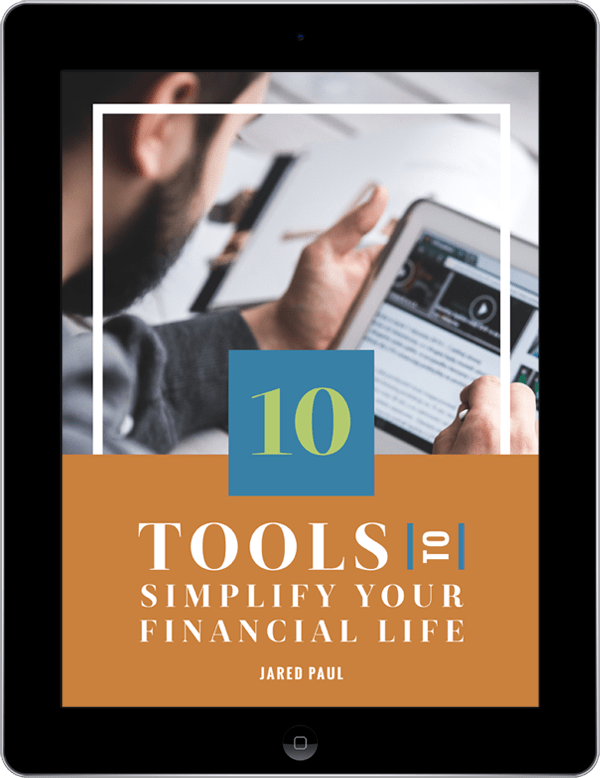The other day I met a girl in the apartment building where I live. (Yes, I rent an apartment and don’t own a home. To read more about my thoughts on this, check out here, here, and here.)
We had a nice conversation about the typical pleasantries, but at one point we started discussing the building we live in.
The building is brand new and has a lot of added luxuries. For that reason, the rents tend to be a bit higher than others in the area. Also, there are three floors in the building, and the rents get progressively higher as you move up. (There’s just something about a 3rd story view that really demands a premium…haha)
Depending on the layout of the apartment, the 3rd floor tenants can pay anywhere from $100-150 more per month.
She told me she lives on the first floor, and emphatically stated that she could NOT afford to live on the 3rd floor.
This hit me.
She wasn’t stating that she didn’t want to spend the extra $100-150 per month, or that she was trying to save up for something and decided to opt for the lower rent – she said she “Could NOT afford to live on the third floor.”
STRETCHING YOURSELF TOO THIN
I’m sure it has a lot to do with being a financial planner and constantly working in personal finance, but my ears are attuned to hearing comments like these.
I didn’t say anything to this girl, but I was thinking, “If you literally can’t afford the extra $100 per month, then you probably shouldn’t have even rented an apartment in this building.”
There are other buildings in the area where she could be spending hundreds of dollars less each month on rent.
ANTI-BUDGETING
I’ll state something that I’ve admitted in previous articles: I hate budgeting.
I hate having to think about every single penny that is coming in or out of my bank account. I just don’t think it’s a great use of my time, and it doesn’t energize me at all.
I feel there are so many other areas I can focus my efforts on to grow wealth that I enjoy, that can have a bigger impact on my overall goals. (How To Stop Worrying About Small Purchases By Focusing On The Right Things)
This doesn’t mean I’m not aware of my personal balance sheet and where money is going, but I don’t fret over every penny.
SHIFTING THE PARADIGM
Instead of trying to fret over every penny and every expense, I look for big wins that immediately make for a good decision.
That is why I’ll do something like buy a Toyota Camry instead of a Lexus SUV (Which is what I did 5 years ago).
If you look up what the 2019 editions of both cars are retailing for, you’ll find that the MSRP (Manufacturer’s Suggested Retail Price) for the base model Camry is just under $24,000. And for the Lexus RX, it is a bit under $44,000.
Just by making this one decision, you are saving $20,000! WOW!
Instead of having to think if you want a moon roof, leather seats, or seat warmers, you’ll know that you could potentially opt to have all of those things, and still spend way less than if you bought a Lexus.
Doing things like this helps you shift the entire paradigm of financial decision making, and allow you to more breathing room.
REASSESSING YOUR DECISIONS
The thing you need to do is think about all of the areas in which you spend money, and ask yourself if you are pinching pennies because you are trying to be frugal and save money, or because you’ve overextended yourself and are forced to.
When you start to really assess things from this perspective, you might find that you CAN afford the leather seats and the 3rd floor apartment. It’s just that you bought the wrong car, or moved into the wrong building.
Capably Yours,
















